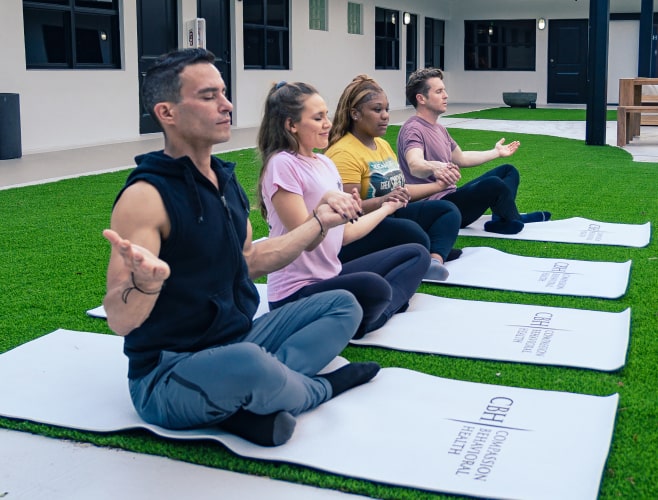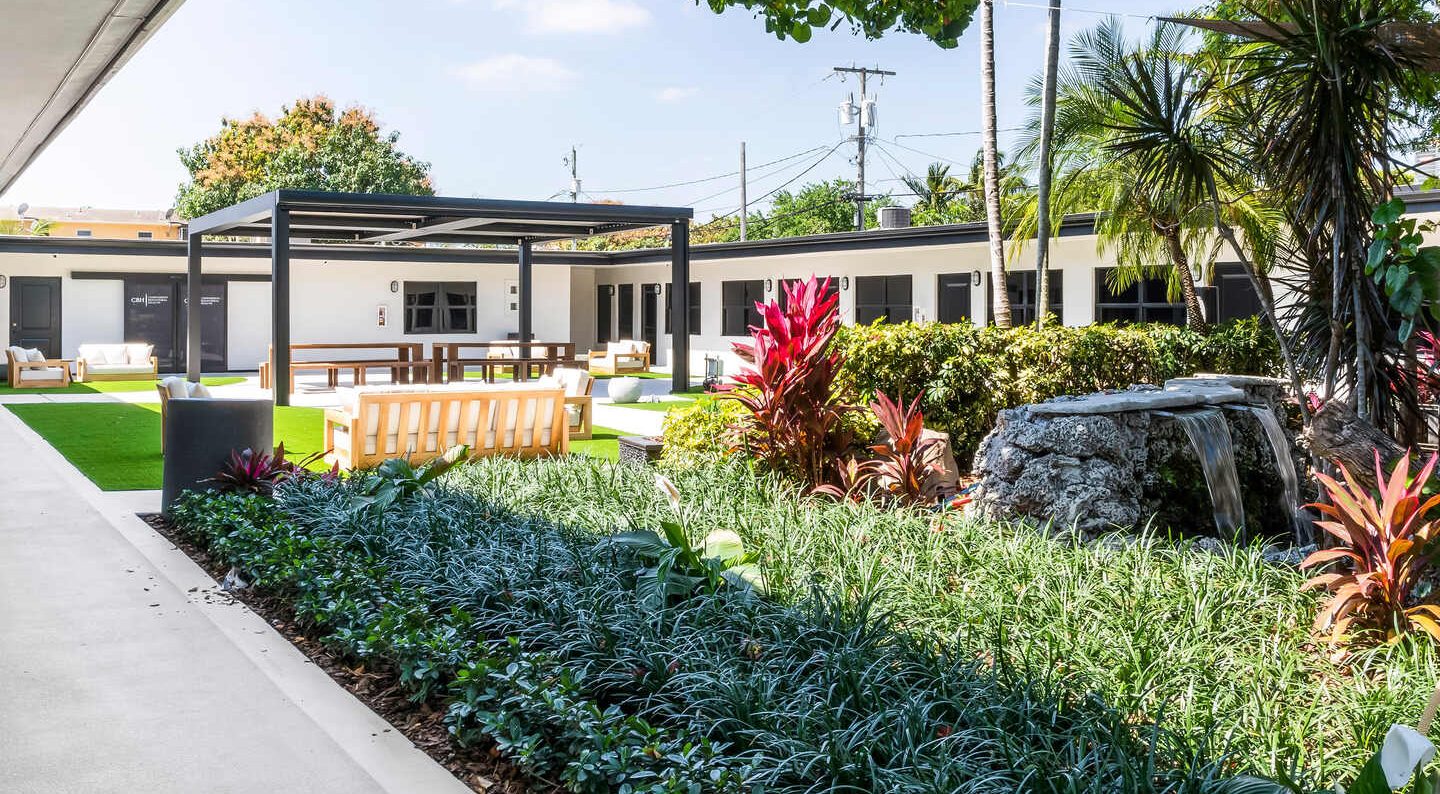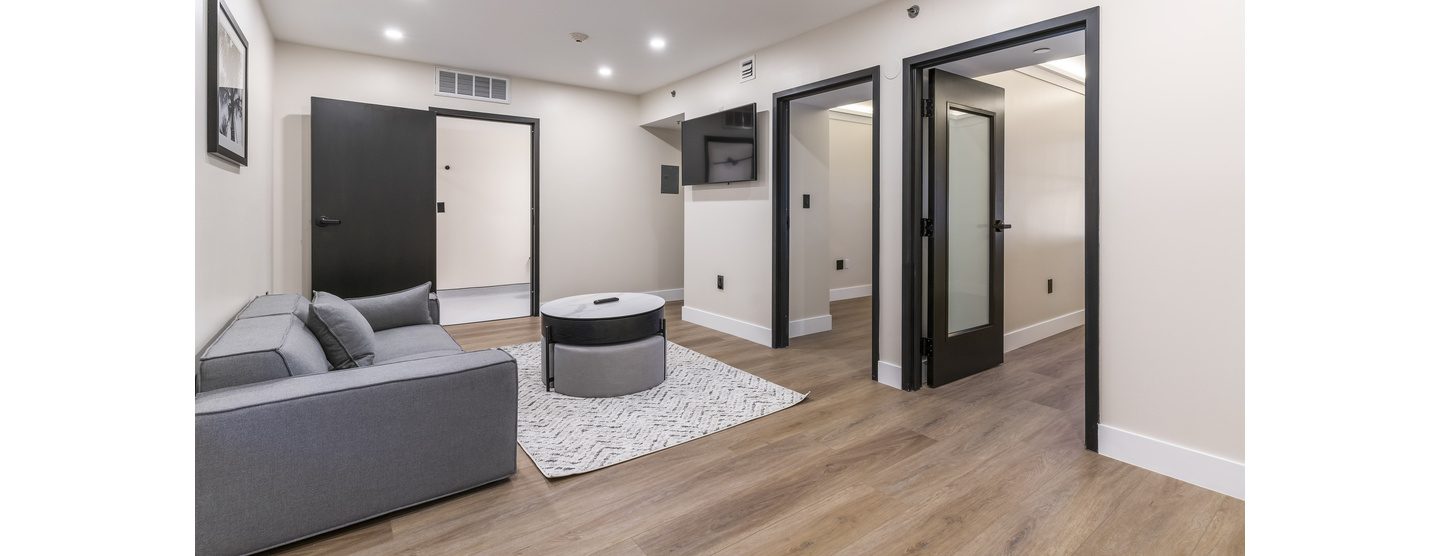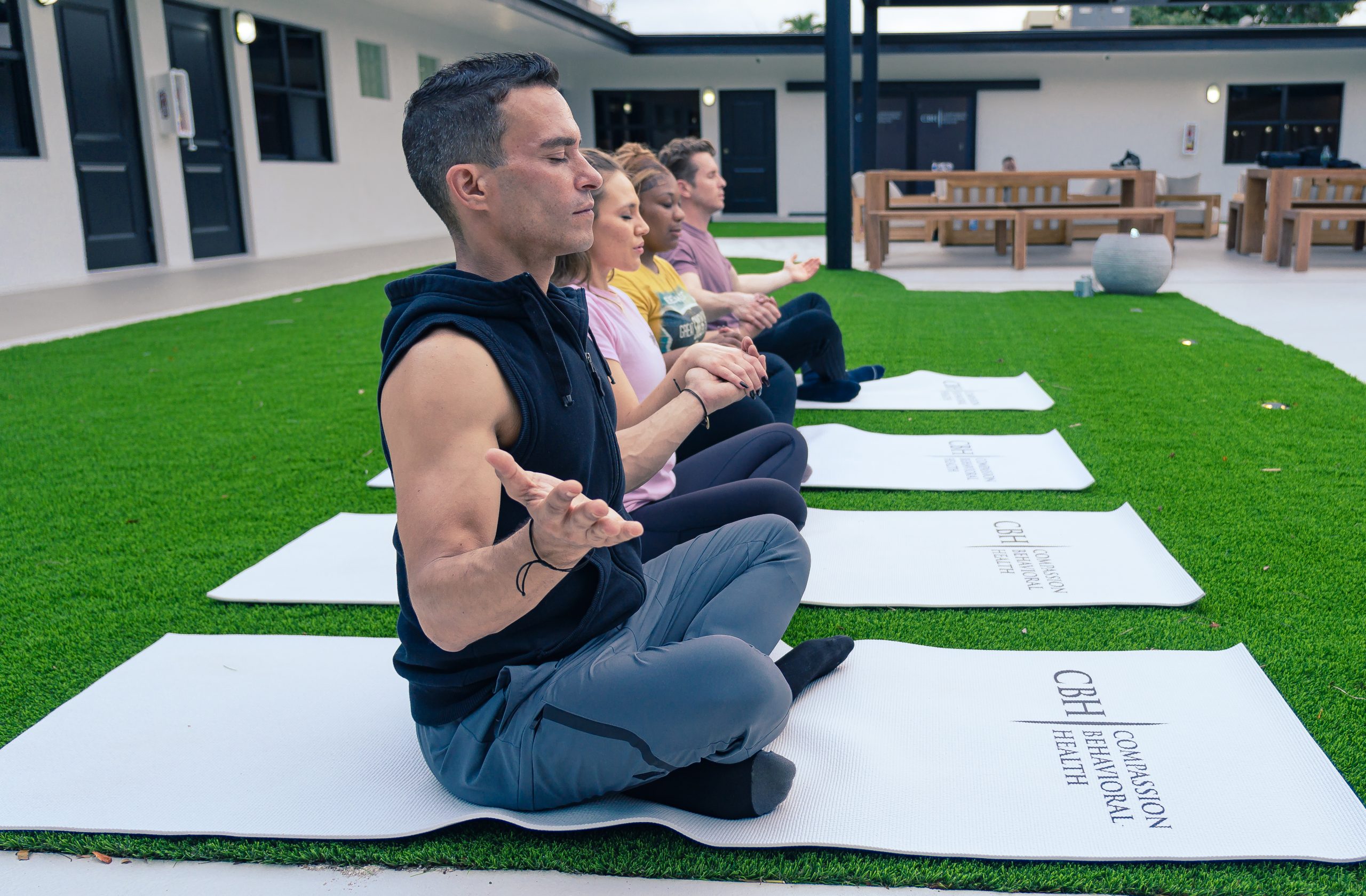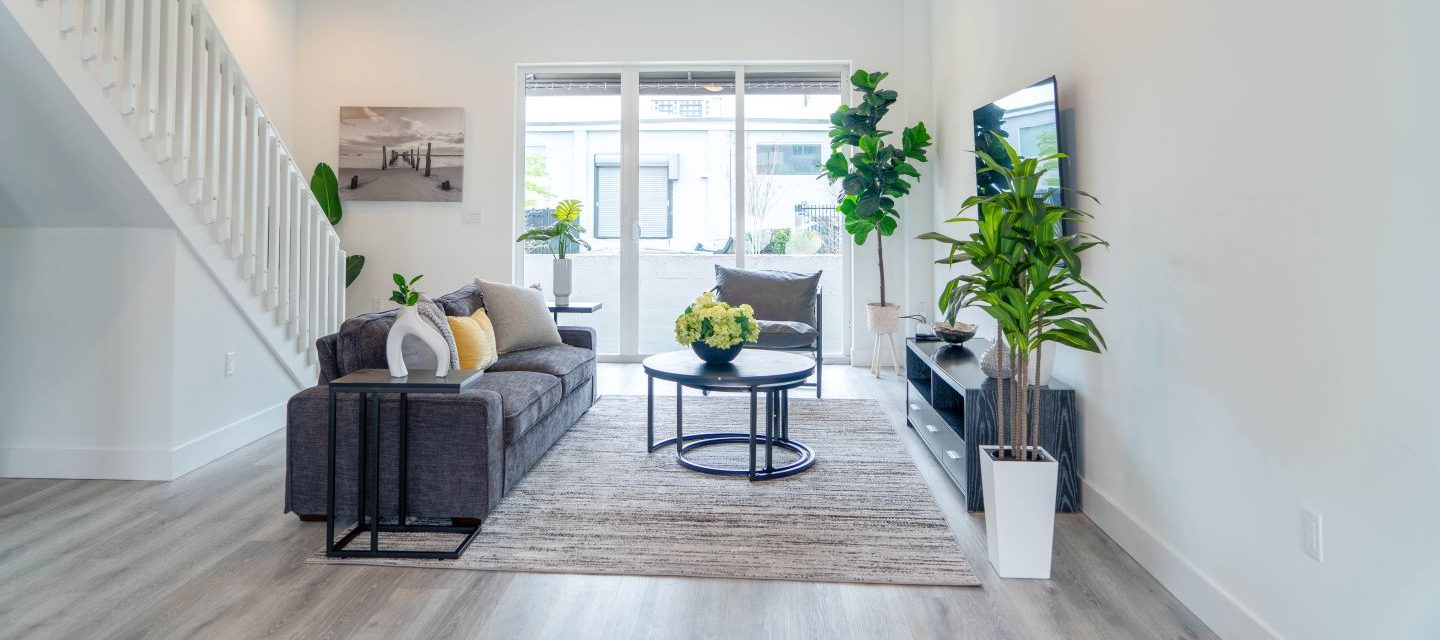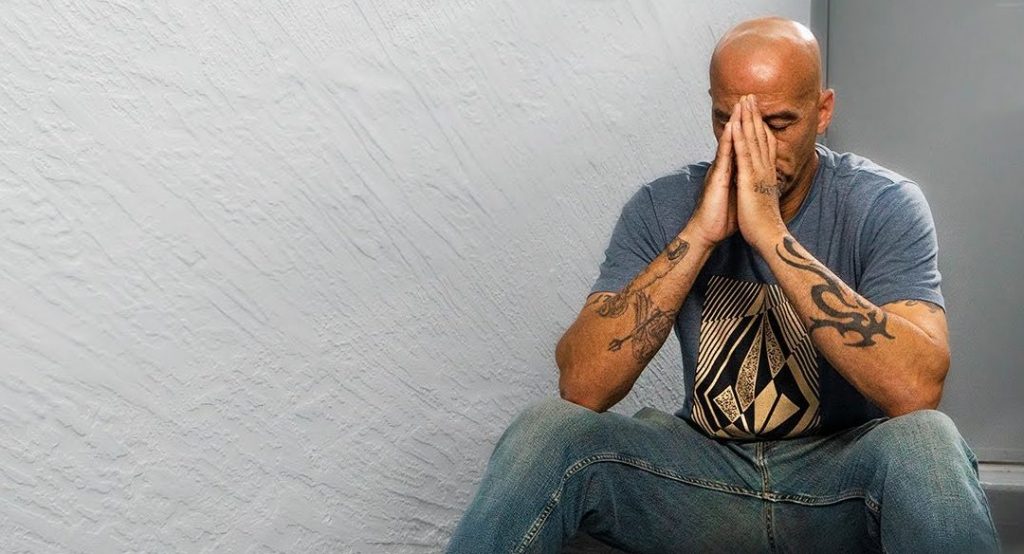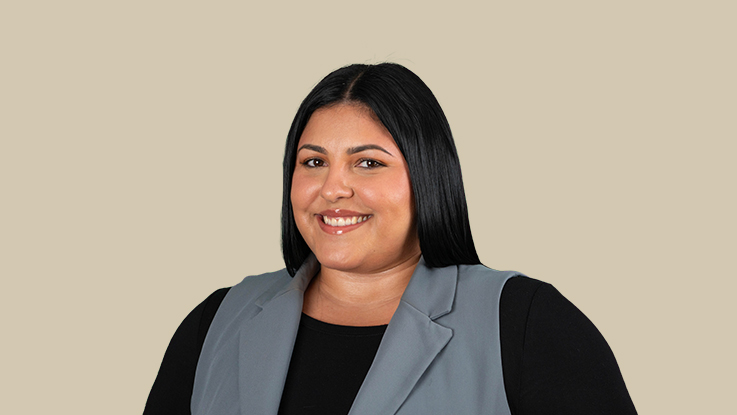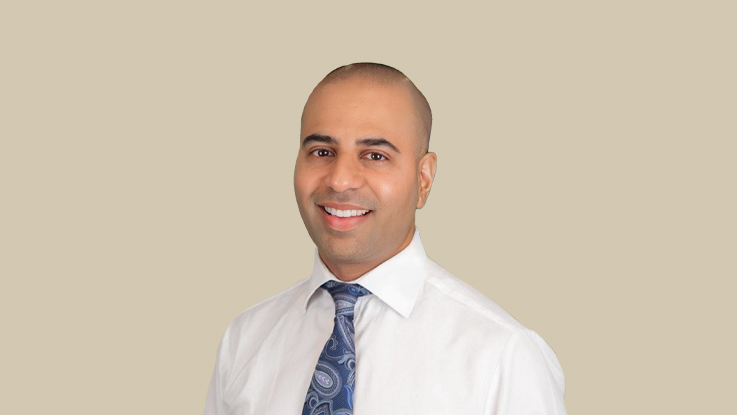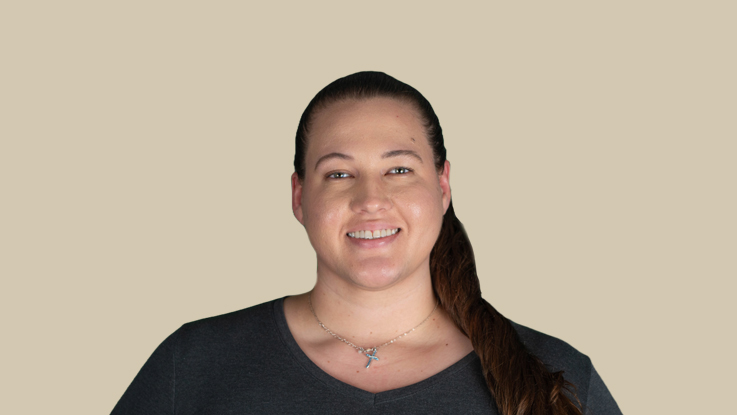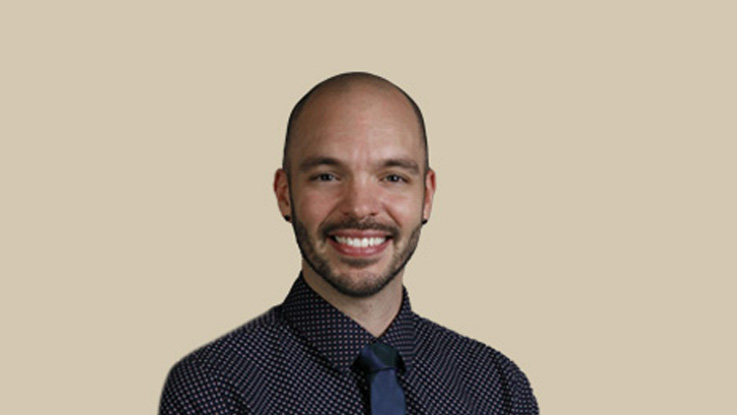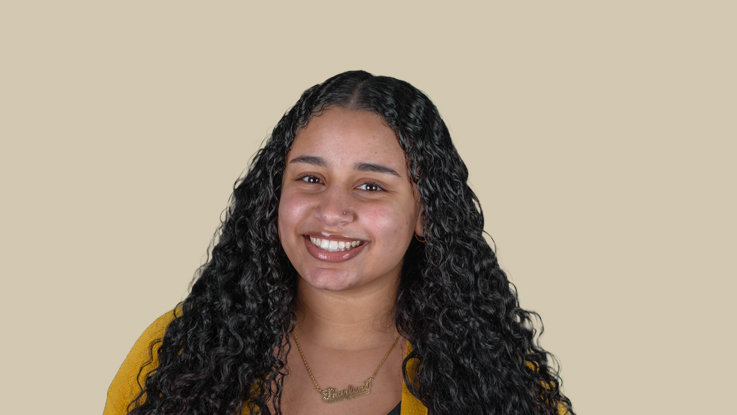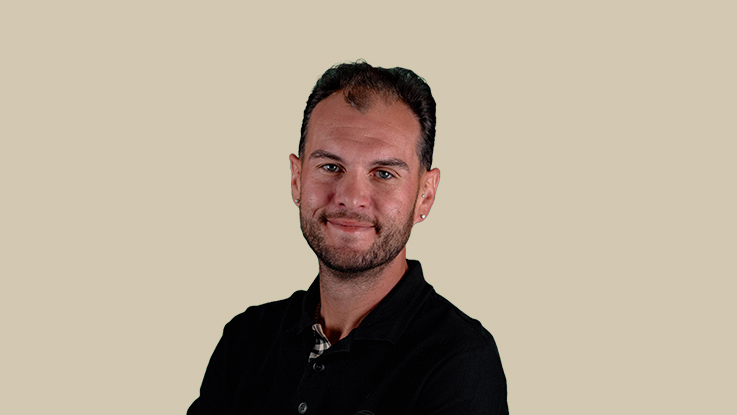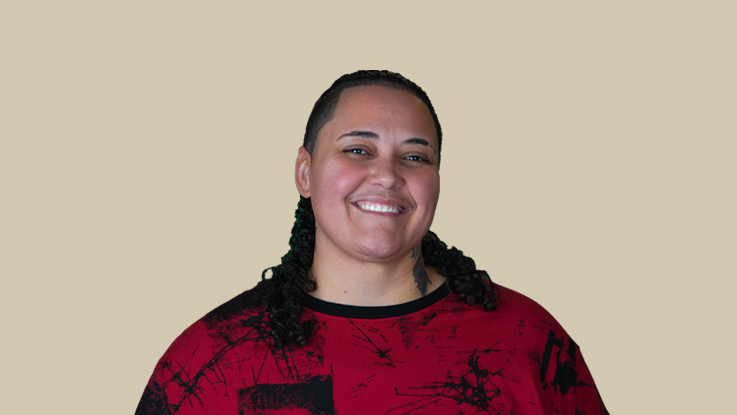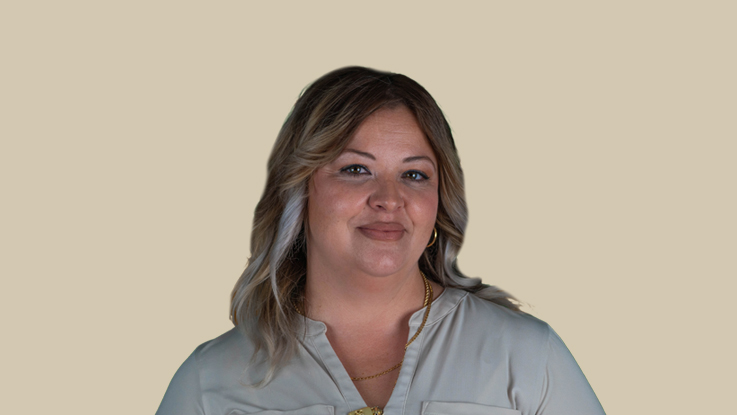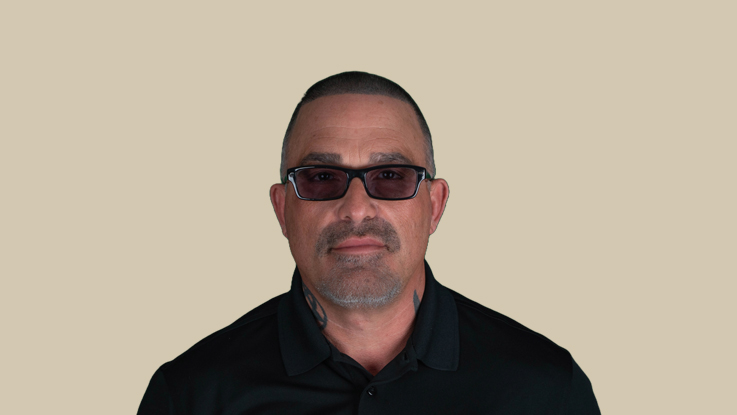Post traumatic stress disorder (PTSD) occurs in those who have experienced or witnessed an extremely traumatic event like an accident, natural disaster, combat, crime, or terrorist act. It may also arise in individuals who have been threatened with sexual violence, serious injury, or death.
According to the American Psychiatric Association, PTSD affects about 3.5% of U.S adults every year. Also, one in 11 individuals will be diagnosed with PTSD sometime in their life. Those diagnosed with PTSD may relive the traumatic event through flashbacks and nightmares as well as avoid anything that reminds them of it.
Common Symptoms of PTSD
In general, there are four types of PTSD symptoms including:
- Re-experiencing symptoms: These occur when something reminds the individual of trauma and they experience that fear again. The most common examples of re-experiencing symptoms include flashbacks, nightmares, and frightening thoughts.
- Avoidance symptoms: Avoidance symptoms arise when the individual makes a conscious effort to avoid people or situations that remind them of the traumatic event. If they were in a car accident, for example, they might stop driving.
- Arousal and reactivity symptoms: These symptoms cause the individual to be on the lookout for danger. They may become easily startled, feel tense, or have trouble sleeping. Angry outbursts also fall into this category.
- Mood and cognition symptoms: Mood and cognition symptoms refer to negative changes in feelings and beliefs. An individual may experience memory problems after the traumatic event, feel blame and guilt, have trouble concentrating, or no longer be interested in the activities they used to enjoy.
Causes and Risk Factors of PTSD
PTSD can arise at any age. It’s more common in women than men. Those who have had a troubling childhood experienced feelings of horror or helplessness, and undergone a traumatic event are at risk for it. In addition, individuals who have had minimal support after the event or dealt with extra stress after it may develop PTSD. A history of substance use or mental illness may also increase the risk of this condition.
Treatments for PTSD at CBH in South Florida
Since PTSD affects every individual differently, a treatment that may be effective for one person may not work for another. At Compassion Behavioral Health, we offer individualized treatment plans and a variety of treatments for patients with PTSD including:
–Cognitive-behavioral therapy (CBT)
–Dialectical behavior therapy (DBT)
–Eye movement desensitization and reprocessing (EMDR)
–Solution-Focused Brief Therapy (SFBT)
–Transcranial magnetic stimulation (TMS)
-Medication
It’s not uncommon for OCD to occur alongside a drug or alcohol addiction. Therefore, we treat patients who are experiencing both OCD and substance abuse conditions. Between our Substance Abuse Treatment Program and Mental Health Treatment Program, we can effectively treat both disorders at once.
Residential Treatment for PTSD
For those with severe PTSD symptoms that substantially affect their everyday lives, our residential treatment program offers an immersive, therapeutic setting. This program provides a safe, controlled environment free from outside influences and pressures so that patients can concentrate solely on their healing process. In-depth treatment regimens combine evidence-based therapies with medication management as needed, including cognitive-behavioral therapy (CBT), eye movement desensitization and reprocessing (EMDR), and dialectical behavior therapy (DBT). The objective is to assist people in learning healthy coping strategies, processing and overcoming traumatic experiences, and re-establishing a sense of safety and trust.
Partial Hospitalization Program (PHP) for PTSD
Our Partial Hospitalization Program (PHP) offers a structured, less rigorous option for people requiring more support than outpatient treatments can provide, or for those transitioning from residential treatment. PHP gives patients the flexibility to go back to the housing we provide in the evenings, even as they engage in daily therapeutic activities such as individual and group therapy sessions. By combining intense therapy with practical engagement, clients progressively reintegrate into their daily lives, reinforcing the coping mechanisms and resilience they have built up during treatment.
Intensive Outpatient Program (IOP) for PTSD
Those with less severe symptoms seeking flexible treatment options, or those who have had great success in managing their PTSD symptoms, are an ideal client for our Intensive Outpatient Program (IOP). With the IOP, individuals can attend several therapy sessions each week in addition to continuing their education, employment, or family responsibilities. Through continued therapy and support, this approach aims to manage triggers, reinforce coping mechanisms, and stop relapses. A community of understanding and recovery is fostered by a network of therapists and peers who provide support to individuals undergoing IOP.
We at Compassion Behavioral Health are aware of the intricacy of PTSD and how deeply it may affect a person’s life. Whether it be through our PHP, IOP, or Residential programs, we are committed to offering compassionate, all-encompassing care that takes into account the specific challenges that people with PTSD experience. Our mission is to provide our patients with the tools they need to overcome their trauma, take back control of their lives, and set out on a journey toward long-term recovery.





